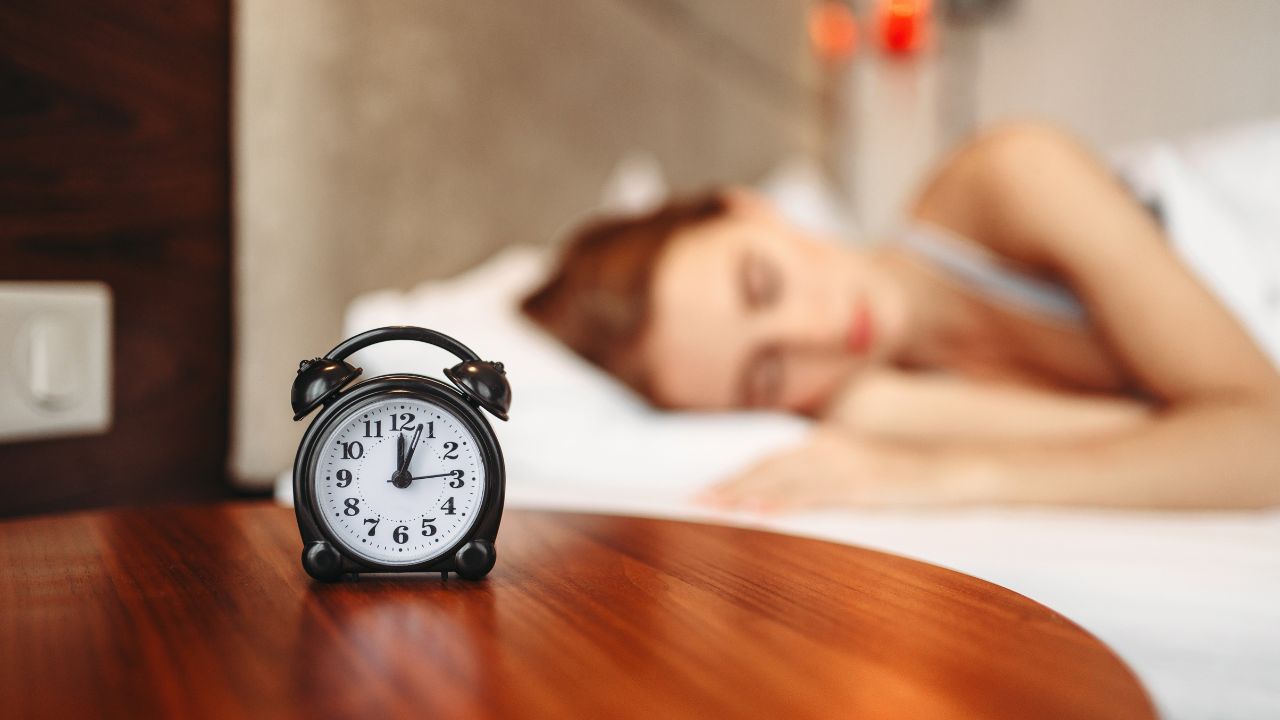Modern life often glorifies busyness. We cut corners on rest, proudly say “I’ll sleep when I’m dead,” and treat late nights as badges of productivity. Yet, sleep is not a luxury; it is a biological necessity. Just as food fuels our bodies and exercise strengthens our muscles, sleep restores and repairs us in ways no other habit can.
Across the world, millions of adults fail to get enough rest. According to the World Health Organisation, sleep deprivation has become a public health concern, with links to rising stress levels, obesity, diabetes, and heart disease. In workplaces, tired employees struggle with concentration and decision-making, while students who burn the midnight oil often perform worse than peers who prioritise sleep.
The truth is simple: without adequate sleep, even the healthiest diet or strictest exercise routine cannot protect you from long-term damage.
Why Sleep Matters
Sleep is not just about “switching off.” While we rest, the body is actively repairing, processing, and strengthening itself.
Physical Recovery
During deep stages of sleep, the body repairs tissues, builds muscle, and strengthens bones. Growth hormone, which aids repair and regeneration, is released mainly at night. Athletes who skimp on sleep often find their performance declines and recovery from training takes longer.
Brain Function and Memory
Sleep is critical for brain health. It allows the brain to consolidate memories, process new information, and clear out toxins that build up during the day. Lack of rest leads to difficulty concentrating, poor decision-making, and reduced creativity. Studies show that a good night’s sleep is often as important as revision itself before exams.
Emotional Balance
Sleep and mental health are deeply interconnected. Chronic sleep deprivation increases the risk of anxiety, depression, and irritability. Even one night of poor rest can make people more reactive to stress, affecting relationships and workplace interactions.
Health Risks of Poor Sleep
Failing to prioritise sleep doesn’t just make you tired, it creates long-term health risks.
Obesity and Diabetes
Sleep deprivation disrupts hormones that regulate appetite: ghrelin (hunger hormone) rises while leptin (satiety hormone) falls. This leads to increased cravings, especially for high-calorie foods. Over time, disrupted sleep is linked with weight gain and insulin resistance, which increases the risk of Type 2 diabetes.
Heart Disease and Stroke
Consistently sleeping less than six hours a night raises the risk of high blood pressure, heart attack, and stroke. The body’s cardiovascular system relies on sleep to regulate stress hormones and repair the heart and blood vessels.
Weak Immunity
When we sleep, the immune system produces infection-fighting cytokines. Shortchanging sleep means fewer defences, making you more prone to colds, flu, and slower recovery from illness.
Reduced Life Expectancy
Multiple large-scale studies have found that chronic sleep deprivation is associated with shorter life spans. In simple terms, cutting sleep may be cutting years off your life.
How Much Sleep Do You Really Need?
Sleep needs vary by age, but the National Sleep Foundation provides general guidelines:
- Newborns (0–3 months): 14–17 hours
- Children (6–13 years): 9–11 hours
- Teenagers (14–17 years): 8–10 hours
- Adults (18–64 years): 7–9 hours
- Older adults (65+): 7–8 hours
It’s important to focus on both quantity and quality. Seven hours of broken, restless sleep does not provide the same benefits as seven hours of uninterrupted, deep rest. Signs you’re not getting quality sleep include waking up groggy, needing excessive caffeine, or feeling irritable during the day.
The Stages of Sleep
Understanding sleep cycles helps explain why uninterrupted rest is so restorative.
- Light Sleep (Stages 1–2): Body relaxes, heart rate slows, and temperature drops.
- Deep Sleep (Stage 3): Physical restoration occurs—tissue growth, repair, and energy replenishment.
- REM Sleep (Stage 4): The brain is highly active; dreams occur. Essential for memory consolidation, learning, and emotional processing.
A full cycle lasts about 90 minutes, and we typically go through 4–6 cycles per night. Missing deep or REM sleep has significant physical and cognitive consequences.
Tips for Better Sleep Hygiene
Improving sleep often requires small, consistent lifestyle changes.
Create a Consistent Routine
Going to bed and waking up at the same time every day trains your body’s internal clock. Even on weekends, try not to deviate by more than an hour.
Optimise Your Sleep Environment
- Keep your bedroom cool (around 18–20°C).
- Block out noise and light with curtains, blinds, or white noise machines.
- Invest in a good mattress and pillows.
Limit Stimulants
Caffeine, nicotine, and even alcohol can disrupt sleep. Caffeine stays in the body for 6–8 hours, so avoid coffee, tea, or energy drinks late in the afternoon.
Reduce Screen Time Before Bed
The blue light from phones, tablets, and laptops suppresses melatonin, the hormone that regulates sleep. Try a “digital sunset” at least an hour before bed, replace scrolling with reading, journaling, or light stretching.
Manage Stress
Stress and racing thoughts are common reasons for insomnia. Practices like mindfulness meditation, deep breathing exercises, or writing a to-do list before bed can help calm the mind.
Use Naps Wisely
A 20–30 minute nap can boost alertness without affecting night-time sleep. Avoid long naps in the late afternoon, which may delay bedtime.
Myths About Sleep
- “You can catch up on weekends.”
While sleeping in may help a little, it doesn’t fully undo the cumulative effects of poor sleep during the week. - “Everyone needs exactly eight hours.”
Some thrive on seven, others need nine. The key is listening to your body’s signals. - “Older adults need less sleep.”
Older adults still need 7–8 hours, though sleep patterns may shift with age. - “Snoring is harmless.”
Loud, chronic snoring may indicate sleep apnoea, a serious condition that disrupts breathing at night and requires medical attention.
Frequently Asked Questions
Q: Is it bad to fall asleep watching TV?
Yes, because screen light can interfere with melatonin production. It is better to fall asleep in a dark, quiet room.
Q: Do sleep trackers work?
They can provide useful insights but are not always 100% accurate. Use them as a guide, not a diagnosis.
Q: Should I take sleeping pills?
Only under medical advice. They may help short-term but can cause dependence. Lifestyle changes are safer long-term solutions.
Sleep is one of the most powerful tools for maintaining health, yet it is often the most neglected. It repairs the body, restores the mind, balances emotions, and protects against disease. Unlike diets or fitness plans that require drastic effort, improving sleep usually involves simple, sustainable changes: going to bed earlier, keeping a regular schedule, and creating a restful environment.
Think of sleep as the foundation of your lifestyle. You can eat well, exercise regularly, and manage stress, but without quality rest, your efforts will always fall short. Prioritising sleep is not indulgence; it is self-preservation. By giving your body the rest it deserves, you are investing in energy, focus, emotional wellbeing, and a longer, healthier life.








Leave a Comment